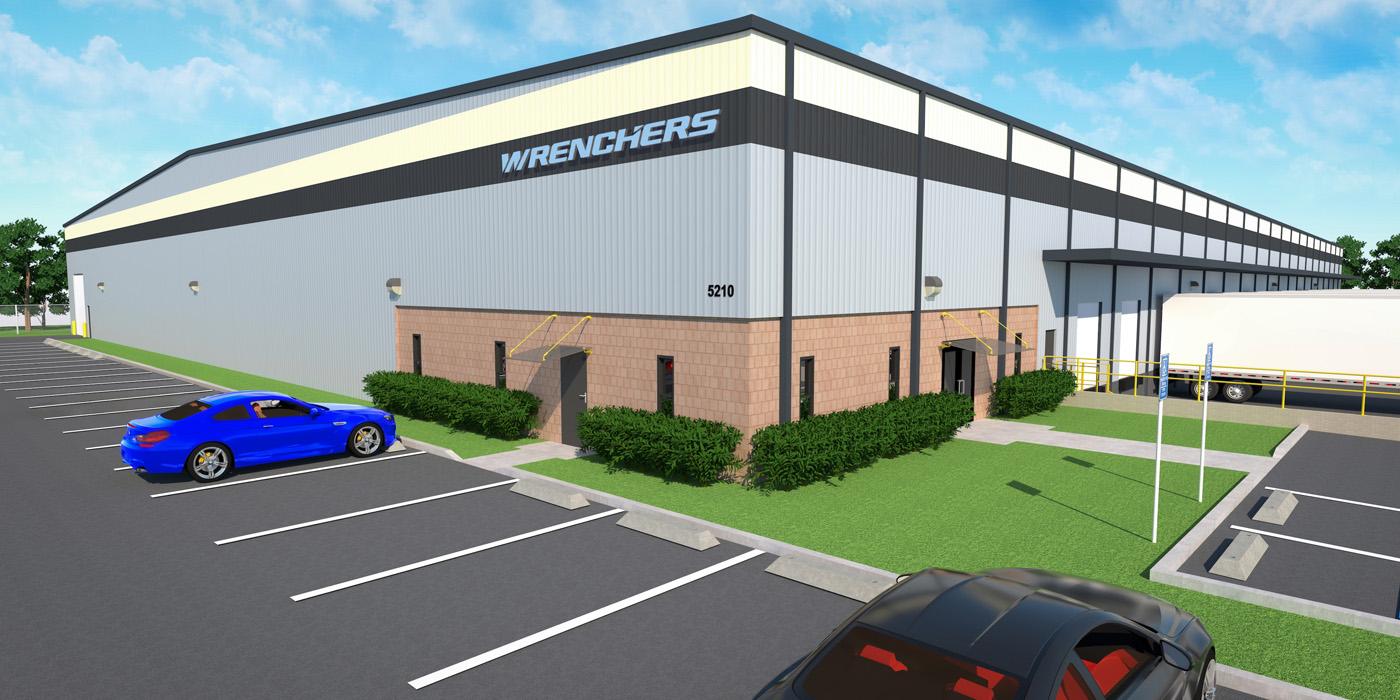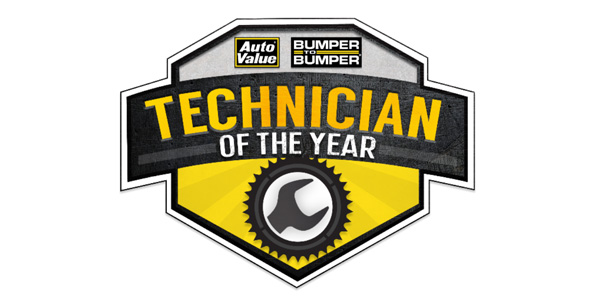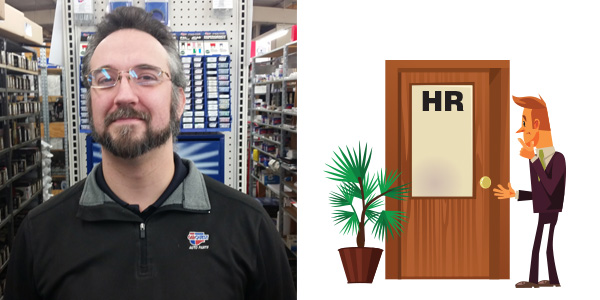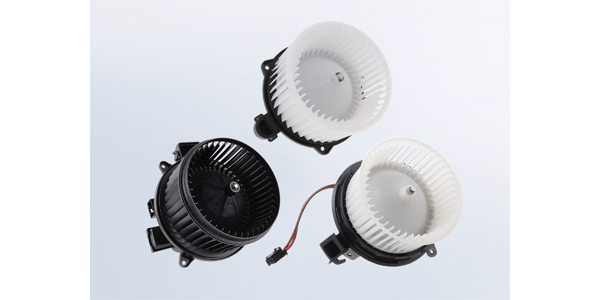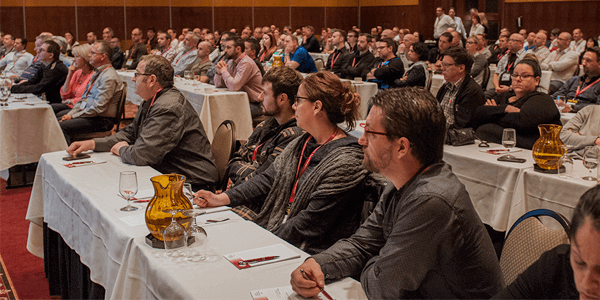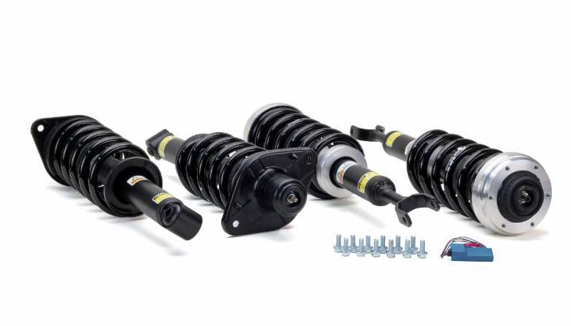I was talking to a colleague late this afternoon. He isn’t a shop owner, a manufacturer or part of the distribution network. He’s not “of” this industry. He isn’t even from this country. He’s European and never misses an opportunity to let me know just how different the automotive industry looks, feels and functions across the big pond.
It wasn’t a particularly dramatic conversation, which was nice for a change. There is always an abundance of drama in an automotive repair shop, especially these days. And why not, when the easiest way to frustrate a motorist is to explain that you can’t go backwards in time to make up for neglect or poor maintenance. Unless, of course, you have to tell them whatever it is that’s wrong will cost more than they imagined it would, which, almost invariably will. Or that it will take longer than they think it should.
When you do, I can promise you all the drama anyone could possibly want or need.
The quickest way to frustrate a technician is to let them know they are going to have to wait to finish “that job” they have been waiting all afternoon to finish because the part they are waiting for didn’t make the “early run,” or won’t be there at all because it is no longer stocked locally. That is, unless, it turns out to be the wrong part when it finally does show up. When that happens, be sure to duck or look for cover because I can promise you that whatever happens next is going to be bad.
The quickest way to frustrate a shop owner is to create situations or circumstances that facilitate any or all of the above. When that happens, I can almost promise you will not like, nor will you appreciate what happens next.
So it was nice just to visit on the phone for a while, at least until the subject of the independent aftermarket bubbled to the surface. The discussion then became both animated and anxious. It started with a series of simple questions: Why is the aftermarket so fragmented? Why is it so disjointed? Why are independent shop owners so difficult to deal with? Why won’t they work together? And why are they so difficult to unite?
You have to agree: the questions seem simple enough on the surface. But, there are no simple answers when it comes to our industry.
In the end, about the only thing we could agree on was that when it comes to our industry “anarchy” and “independent” are virtually synonymous.
Apparently, things are different in Europe. The industry is more unified and coherent, the opportunity for chaos is somehow mitigated.
My friend had trouble comprehending why things are the way they are over here and to tell you the truth, I couldn’t help him. I couldn’t help him because after 44 years of involvement, I’m not sure I understand it myself. It’s almost as if someone likes it this way. It’s almost as if the chaos isn’t chaos at all, but is instead the result of careful planning.
If you look carefully enough, you really have to wonder why things are the way they are. We’ve got plenty of smart people, some of them as smart as the smartest people you could find in any other industry. And, we have resources, however limited they might be. The combination of motivated smart people and available resources is hard to beat. So why are things as dysfunctional as they seem to be?
My friend can’t figure it out. But that isn’t hard to understand, if you’ll pardon the play on words — he’s not from around these parts.
But you and I are. So if you have an answer, or even a theory, let me know. Someone ought to know what’s going on.
Share your answers with me and I’ll share them with the rest of the industry. And, who knows, maybe we’ll finally come up with the answer everyone has been searching for.
Mitch Schneider co-owns and operates Schneider’s Automotive Service in Simi Valley, CA. Readers can contact him at [email protected].

